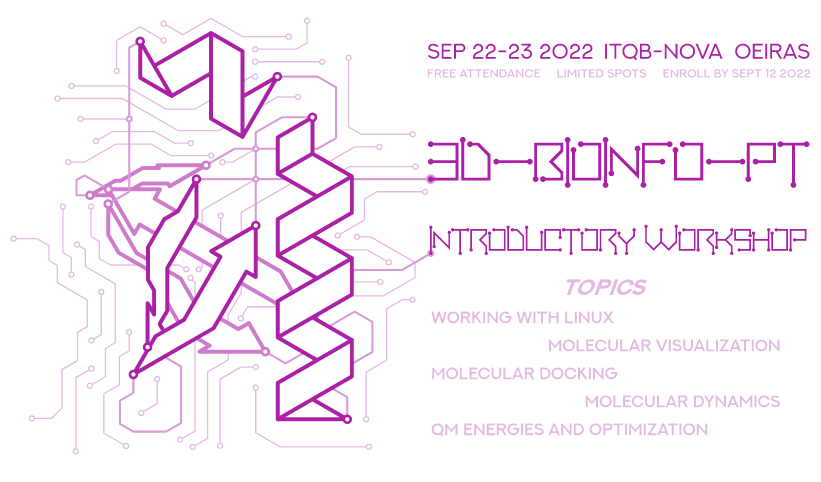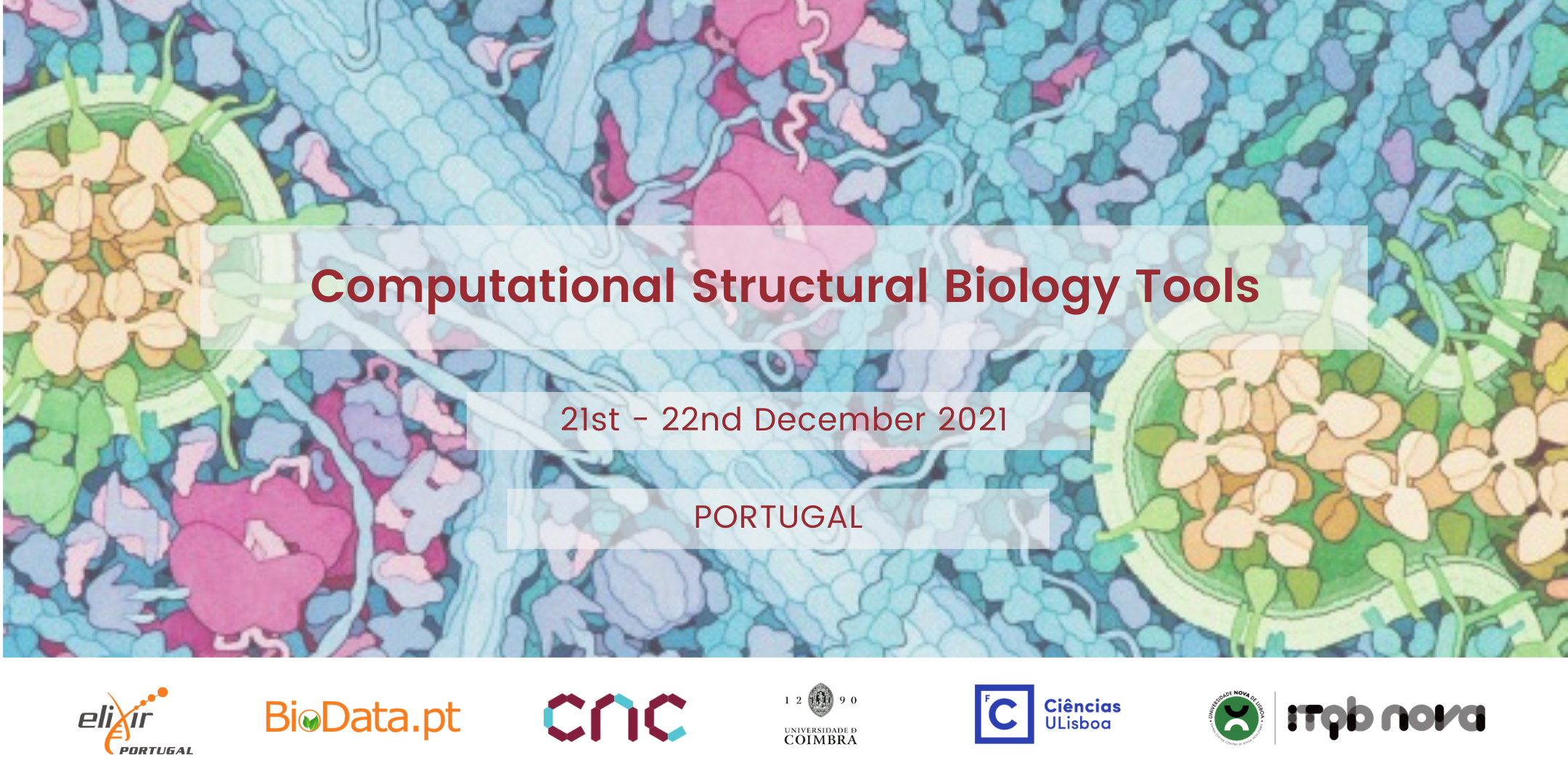3D-BioInfo-PT Introductory Workshop 2022

⚠️ This is an old version of the BioData.pt website, available for reference purposes. Information is out-of-date and some features may not work correctly. Click here to browse the current website.
website: https://www.itqb.unl.pt/

 Would you like to work in computer programming in the context of data analysis and data management and a particular interest in phenotyping and molecular biology? Apply now for this exciting Master Fellowship in the scope of the project “Increasing Plant data findability and reuse beyond ELIXIR”. During the time of the project, you will have the opportunity to work on the Genomics of Plant Stress Unit, at ITQB NOVA, as part of BioData.pt | ELIXIR Portugal.
Would you like to work in computer programming in the context of data analysis and data management and a particular interest in phenotyping and molecular biology? Apply now for this exciting Master Fellowship in the scope of the project “Increasing Plant data findability and reuse beyond ELIXIR”. During the time of the project, you will have the opportunity to work on the Genomics of Plant Stress Unit, at ITQB NOVA, as part of BioData.pt | ELIXIR Portugal. University of Coimbra have put together a robust and thorough pipeline of in silico protein-ligand characterization methods to address one of the biggest biological problems currently plaguing our world. These methodologies were showcased to characterize the interaction of SARS-CoV-2 Mpro with an α-ketoamide inhibitor.
University of Coimbra have put together a robust and thorough pipeline of in silico protein-ligand characterization methods to address one of the biggest biological problems currently plaguing our world. These methodologies were showcased to characterize the interaction of SARS-CoV-2 Mpro with an α-ketoamide inhibitor.Plant phenotyping research has gone through a data revolution with the automation of plant phenotyping platforms, making it critical to adopt good data management practices in order the exploit the torrent of data to its full potential. Concretely, data should be published in a Findable, Accessible, Interoperable and Reusable (FAIR) way in order to enable the integration of data from disparate sources and the discovery of new knowledge. Yet, this is one of the more challenging domains to standardize, as it is extremely heterogeneous in terms of experimental settings and types of data.